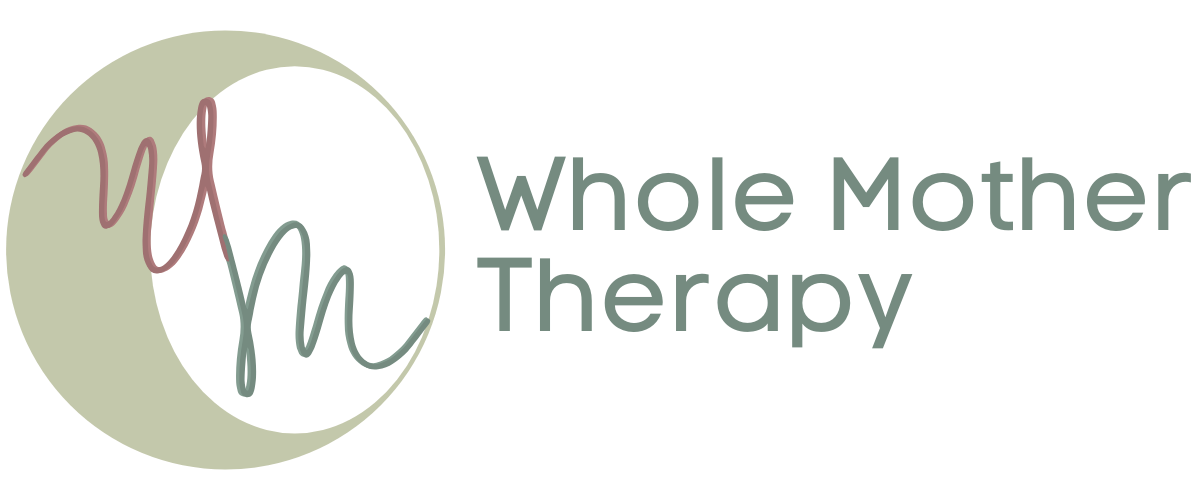Parenting in the Diaspora
I spend a lot of time thinking about what it’s like raising my son in diaspora. This is a topic that is not talked about openly enough. But there are real challenges and heartaches to raising children far removed from the land, soil, smells, language, and culture of their lineage.
The challenge arises in how we as parents can cultivate in our children a love, respect, and understanding of who they are and where they come from when they were born outside or taken away from the land of their blood. This is especially difficult while living in a country that pressures immigrants to tamp down their heritage and assimilate into a dominant white capitalistic culture.
My childhood experience
I came to this country when I was just shy of turning five years old. My parents and I were refugees seeking asylum after the 1979 Iranian Revolution. I didn’t experience much culture shock coming to the United States because I was so young. But I have vivid memories of having a very different home life from my American contemporaries; the smells of my home, the language, the way I related to my elders, and the expectations of me were all vastly different.
As a young person and as an adult, I chafed against these. But now, as a mother myself raising a son in a bi-cultural, bi-racial household, I place tremendous value and importance on making sure he remains connected to who he is. I don’t want him to grow up saying “I’m half Iranian” and leaving it at that. I want him to grow up knowing who his people are, what our food tastes like, what our language sounds and feels like rolling off the tongue. I want him to be intimately acquainted with our poetry and music, with our earth-based rituals and traditions. I want him to know himself as someone who is from Iran, with ancestry scattered throughout Turkey and the Levant. I want him to know and understand what this means beyond the cruel and exhausting geopolitical games nation states play and the arbitrary modern-day borders they fight about.
Connecting to my HERITAGE
Having my son connected me more deeply to who I am and where I come from. It opened the door to working with my ancestors, a door that for a long time felt too volatile and scary to open and explore. Having my son has recommitted me to speaking Farsi at home, and even to practicing my first-grade-level reading skills. I want to model for my son not just a pride but a joy in who we are. Sometimes this can feel lonely, as it’s hard to find like-minded humans who haven’t become overly westernized, Americanized, and whitewashed to share in the experience and cultivate community. But this hasn’t stopped me. If anything, it has strengthened my resolve.
Ways to cultivate connection
Speak or listen to music in your native language. Even if you can’t speak it well or aren’t fluent, you can still expose your child to hearing your language so they become familiar with the unique sounds and intonations. Language is powerful in helping our dormant DNA awaken into remembering who we are.
Listen to modern, classical, and traditional music from your country. They each carry a unique significance in awakening our connection to where we come from.
Cook and eat your native food! Allow the smells to fill your home and the flavors to inform your child’s palate.
Honor and celebrate your traditional rituals and holidays.
Read books about where you come from.
Share stories that you may have heard from elders growing up.
If grandparents are around, have them spend time with your child and speak in their mother tongue.
Honor that you may have different values and belief systems from those of the dominant culture. Model embodying these values so your child can learn early on that there is a myriad of beautiful ways to be and to live life, not just one.
There is no wrong way to create connection with your land and your culture. It is something that will enrich and inform your child’s development and worldview. Even better, if you have the resources—and the geopolitical situation allows it—travel to your homeland. Spend time there. Plant your feet in the soil of your precious history. Allow both yourself and your child(ren) to experience the sensations of the land and its people. The spirit always aches for home.
Let’s talk.
We would love to connect with you

